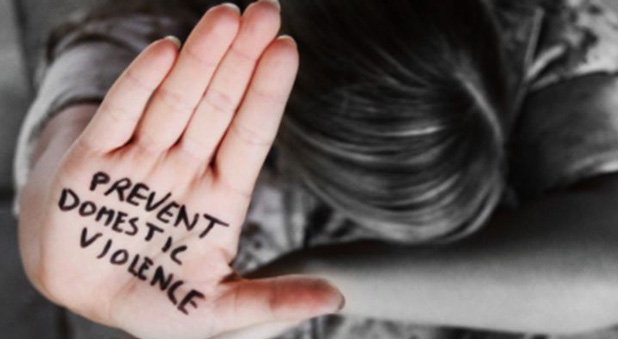At Sydney Synod in 2017 a heartfelt apology was made to victims of domestic abuse, along with the passing of a provisional domestic abuse policy. This policy outlines how churches should respond to incidents of abuse, and was passed provisionally in order to allow for feedback.
The Archdeacon for Women and deputy chairwoman of the diocesan domestic abuse task force, Kara Hartley, sees the implementation of the provisional policy and its guidelines as an important step in improving the practice and procedures of churches.
“There are times where we have been negligent and failed to care for people appropriately,” she says. “That’s part of our apology and recognition in this policy. This is about making sure that churches are safe places for everybody.”
She hopes the feedback process will make it more effective and improve support for victims. “If there’s an area that needs clarification or change, we want to know,” she says. “It’s provisional because it’s new, and the best way to judge its usefulness is if churches try and use it.”
One church that is already trying it out is St Clement’s, Lalor Park. Senior minister the Rev Mark Tough says of the provisional policy that “it puts in black and white some of the things I’ve tried to figure out in the past.” Not only has he been swiftly implementing it in his church, he also moved a motion at Synod seeking support for clergy wives who had been victims of domestic abuse.
Other helpful documents exist, such as Faithfulness in Service and Safe Ministry Training resources, but Mr Tough recognises that a complex issue such as domestic abuse requires more detailed guidance.
“There’s a lot of stuff you come up against that you’re not sure how to deal with,” he says. “This policy is helpful in that it lays down ways forward in situations where you might struggle to see options. The key is that we have to make sure we’re across it and using it, because people matter.”
The policy also points people to external resources, such as Anglicare and the Professional Standards Unit (PSU). Chaplain at the PSU Catherine Wynn Jones, who has assisted many ministers through complex circumstances, says safety is the primary concern when it comes to support.
“Separation is the most dangerous time for someone fleeing domestic abuse,” she says. “We want to keep people as safe as possible, and that involves seeking the advice of experts and establishing safety plans so that victims feel they have a scaffolding around them to support them when they are vulnerable. That is why we want to do this as well as we can. We want churches to be safe places.”
In September 2017, Anglicare appointed a Families and Domestic Violence Advisor, Lynda Dunstan, in response to the work of the task force.
“My experience so far is that people in ministry are responding to complex and challenging situations, and that is why Anglicare wants to offer help,” Mrs Dunstan says. “We have a wealth of experience in responding to domestic violence, with counsellors and family support services. We want to share our expertise with churches and help them.”
Mrs Dunstan is also involved in educating and developing training that teaches the dynamics of domestic abuse and how to respond. “We are empowering our churches to understand and respond. There’s individual support, and there’s also the opportunity to partner with others who are trying to make Australian communities safer places.”
Feedback on the provisional policy can be submitted until March 31. Once suggested changes are considered, a revised policy will be presented to the Standing Committee. If passed, it will be presented to this year’s Synod for approval.
























